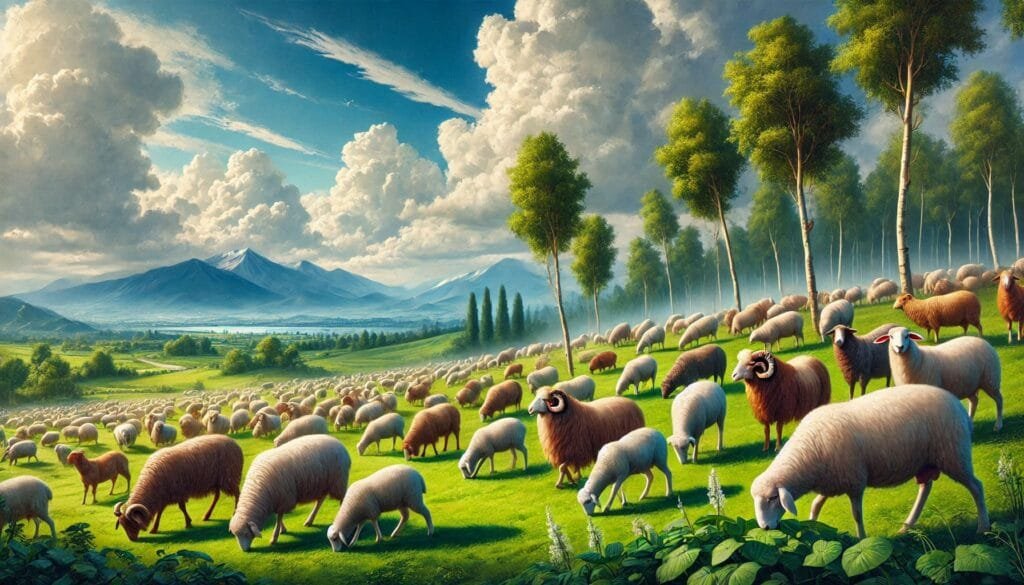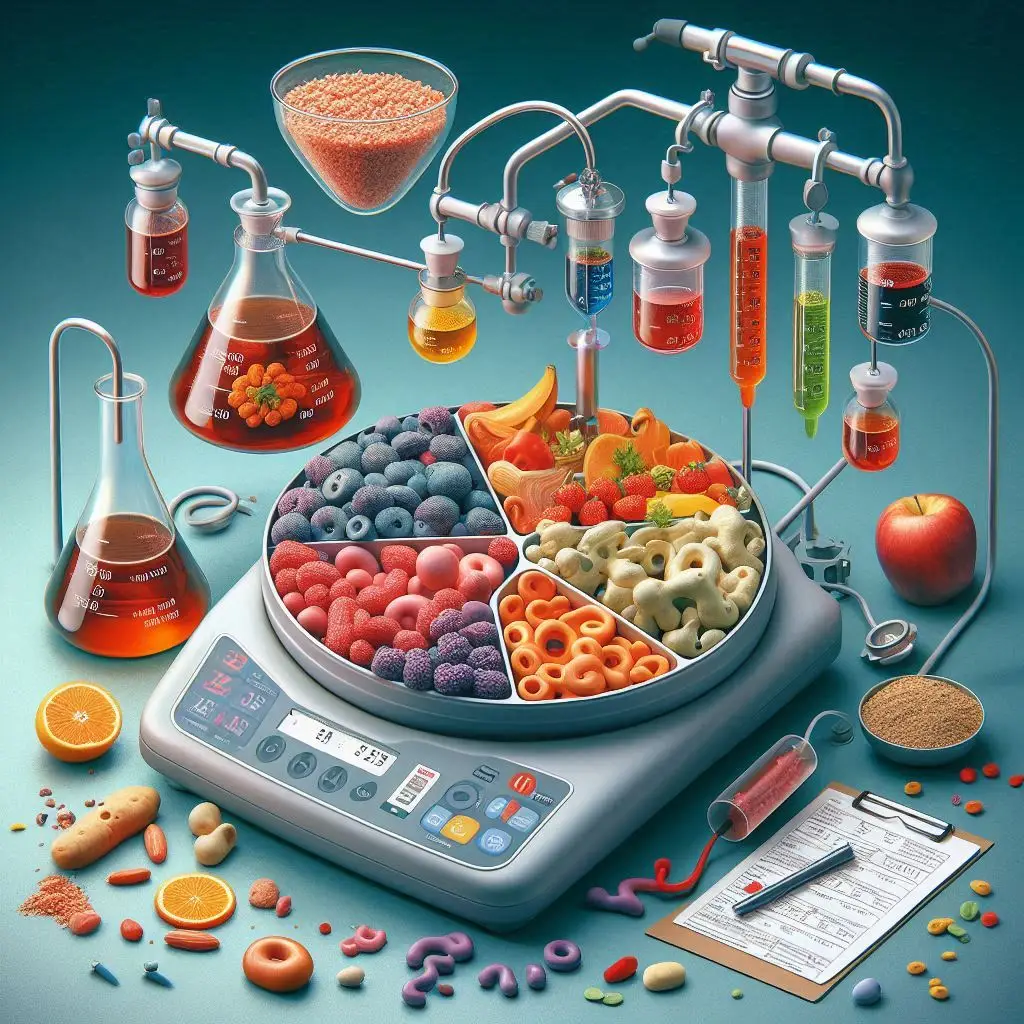Vitamin E Deficiency in Animals

Understanding Vitamin E
What is Vitamin E?
Vitamin E is a fat-soluble vitamin that acts as an antioxidant. It protects cells from damage caused by free radicals. This nutrient is crucial for immune function, skin health, and reproductive performance. Animals obtain vitamin E through their diet, primarily from green leafy vegetables, nuts, seeds, and vegetable oils.
Importance of Vitamin E
Vitamin E plays several vital roles:
- Antioxidant Protection: It helps neutralize free radicals.
- Cell Membrane Integrity: It maintains the structure of cell membranes.
- Reproductive Health: It supports fertility in both males and females.
For more detailed information on the importance of vitamin E, you can refer to National Institutes of Health.
Effects of Vitamin E Deficiency
Poultry
Common Disorders
In poultry, vitamin E deficiency can lead to several serious conditions:
- Encephalomalacia: Often called “crazy chick disease,” this condition affects young birds. Symptoms include:
- Ataxia (lack of coordination)
- Head twisting
- Clonic spasms.
- Muscular Dystrophy: This disorder affects the skeletal muscles. Birds may show signs of weakness and difficulty moving.
- Exudative Diathesis: This condition causes gelatinous edema under the skin, especially in the legs. It can lead to severe health issues if not addressed. You can read more about this condition on Partners in Animal Health.
Reproductive Health Issues
Vitamin E is crucial for reproductive success in poultry. A deficiency can result in:
- Poor egg production
- Reduced fertility rates
- Abnormal spermatogenesis in males
Studies show that supplementing with vitamin E improves reproductive performance during stressful conditions. For more insights, check out The Poultry Site.
Sheep
In sheep, vitamin E deficiency often arises during dry seasons when green feed is scarce. Symptoms include:
- Poor Growth: Young sheep may fail to thrive.
- Stiff Gait: Affected animals may show reluctance to move.
- Sudden Deaths: In severe cases, deficiency can lead to sudden death.
Additionally, ewes may experience reduced wool production and fertility issues due to inadequate vitamin E levels.
For more information on sheep nutrition and deficiencies, visit Sheep 101.
Causes of Vitamin E Deficiency
Several factors contribute to vitamin E deficiency in domestic animals:
Inadequate Diet
Animals may not receive enough vitamin E if their diet lacks green forage or fortified feeds. Diets high in polyunsaturated fats can also increase the need for vitamin E due to oxidative stress.
Storage Conditions
Vitamin E is sensitive to heat and light. Improper storage of feed can lead to degradation of this essential nutrient.
Age and Health Status
Young animals are particularly vulnerable to deficiencies due to their higher growth rates and nutrient demands. Additionally, sick animals may have increased requirements for vitamin E.
Diagnosis of Vitamin E Deficiency
Diagnosing vitamin E deficiency involves several steps:
- Clinical Signs: Observing symptoms such as ataxia or poor growth.
- Dietary Analysis: Evaluating the animal’s diet for adequate vitamin E levels.
- Blood Tests: Measuring serum alpha-tocopherol (the active form of vitamin E) levels can confirm a deficiency.
Veterinarians often perform these assessments to ensure accurate diagnosis and treatment.
Treatment and Prevention
Supplementation
Poultry Recommendations
For poultry, supplementation is crucial:
- Laying hens may require around 250 mg/kg of diet.
- Broilers benefit from approximately 200 mg/kg during growth periods.
Adding vitamin E supplements can help mitigate deficiencies effectively. For practical guidance on supplementation practices, refer to Iowa State University Veterinary Diagnostic Laboratory.
Sheep Recommendations
In sheep diets, incorporating sources rich in vitamin E is vital during periods when green forage is limited. Supplements should be adjusted based on the specific needs of the flock.
Dietary Sources
Ensuring a balanced diet rich in natural sources of vitamin E is essential:
- Green leafy vegetables
- Nuts and seeds
- Vegetable oils (e.g., sunflower oil)
These foods provide adequate levels of vitamin E for optimal health.
Monitoring Health
Regular health checks are essential for early detection of deficiencies. Monitoring growth rates and reproductive performance helps identify potential issues before they become severe.
Conclusion
Vitamin E deficiency poses significant risks to domestic animals and birds. Understanding its importance and ensuring adequate dietary intake is crucial for preventing related disorders. By focusing on proper nutrition and supplementation strategies, farmers can promote better health outcomes for their livestock.
For further reading on animal nutrition and health management, consider visiting Merck Veterinary Manual or The Animal Nutrition Association.
For more pearls of Vets Wisdom:
Functions of Extension Teaching Methods





Responses